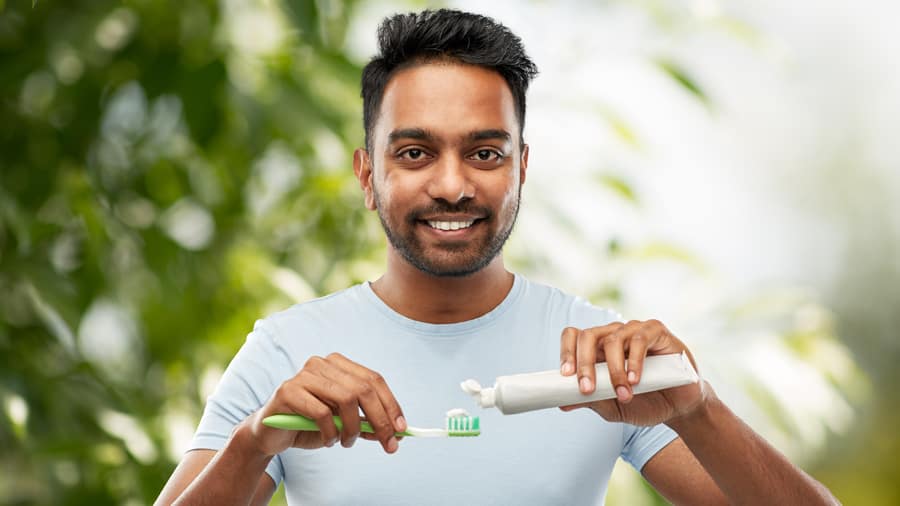If you're guilty of sheepishly answering, "Not always," when asked by the dentist about flossing teeth, you're not the only one. Some statistics say that nearly 80 percent of people don't floss.
Even though you've heard how important it is to floss many, many times, you probably tune out when the dentist or dental hygienist starts talking about it. For some reason, it's a habit that's difficult to incorporate, likely because it's time-consuming, messy, or just one more thing you have to do.
Well, it turns out that this part of your daily routine is worth every second. Since your toothbrush can't reach everywhere in your mouth (namely between your teeth), flossing is the best way to remove any remaining food particles and plaque to prevent decay from forming on your teeth and gingivitis (inflammation of the gum tissue) between your teeth. As an added bonus, it also helps prevent bad breath, since it can keep bacteria from forming in those tough-to-reach spots.
Flossing is important in maintaining healthy gums and preventing periodontal disease, as well. Your oral health is connected to your physical health, and not brushing or flossing can actually make you susceptible to infection. You can read more about the benefits of flossing in the Colgate Oral Care resources.
Besides acknowledging that flossing teeth is a good habit, how can you willingly add it to your daily routine if you have trouble with traditional dental floss? There are several options one can use to clean between the teeth. The first is floss picks and floss holders. These handy contraptions are easy to use, quick, and neat. For people who have space, consider proxabrushes which have a handle and a brush that is used to clean between teeth. At the end of the day, you must admit how refreshed and just-been-to-the-dentist your mouth feels after a good flossing. It's quite nice.






